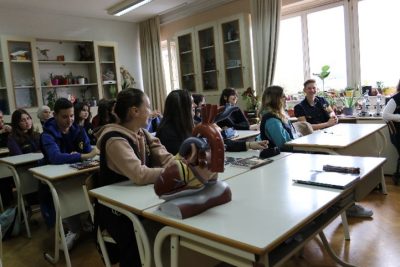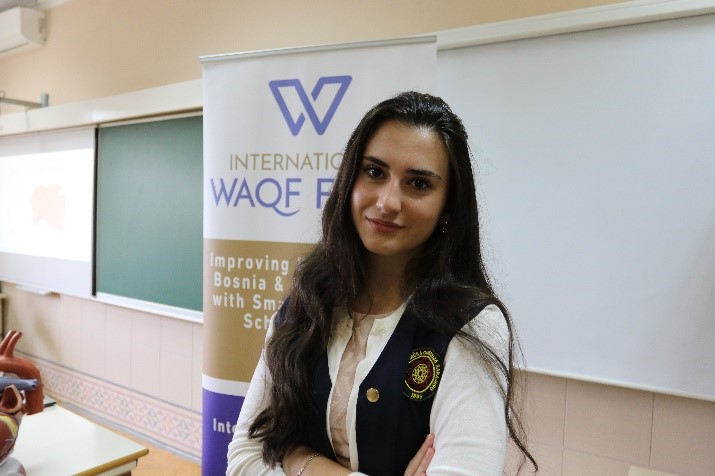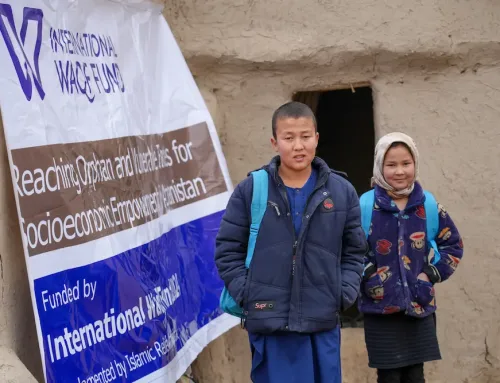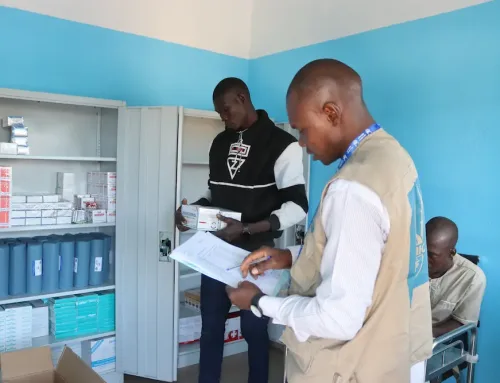Table of Contents
International Women’s Month is a time to celebrate the achievements of women and to raise awareness about the challenges they face.
One of the challenges facing women and girls around the world is a lack of access to education.

Education is a powerful tool for empowerment, and it has the potential to transform the lives of women and girls, as well as their families and communities.
In many parts of the world, girls are less likely to attend school than boys. This is due to a variety of factors, including poverty, cultural attitudes, and lack of infrastructure.
Education helps women and girls to gain the skills and knowledge they need to make informed decisions about their lives.
It also provides them with the tools they need to excel in their communities.
This leads to a host of positive outcomes, including increased economic growth, reduced poverty, and improved health.

Investing in girls’ education also has a ripple effect on future generations. Educated girls are more likely to have healthier children, and invest more in the education of their own children.
This creates a virtuous cycle of empowerment that can have a lasting impact on communities.
At the International Waqf Fund, we believe that education is a fundamental human right, and we are committed to providing girls and women with the opportunities they need to succeed.
Our Education Waqf Share provides opportunities to education, as well as resources and support for girls and women to stay in school and reach their full potential.
By investing in girls education, we can provide them with the tools they need to succeed, we can create a brighter future for them, their families, and their communities.
So this International Women’s Month, let’s celebrate the power of education and commit to creating a world where every girl has the opportunity to succeed.

The importance of education for women
Education holds immense importance for women, offering a multitude of benefits that extend far beyond individual empowerment to societal progress.
Here are several key aspects highlighting the significance of education for women:
Empowerment and Self-Reliance
Equips women with knowledge, skills, and confidence, enabling them to make informed decisions about their lives, health, and future.
It fosters independence, self-reliance, and a sense of agency, empowering women to pursue their aspirations and contribute meaningfully to society.
Breaking the Cycle of Poverty
Powerful tool for poverty alleviation and economic empowerment, particularly for women.
Educated women are more likely to secure employment, earn higher incomes, and invest in their families’ well-being, thereby breaking the cycle of poverty and creating a positive ripple effect across generations.
Improved Health and Well-being
Educated women are better equipped to access healthcare services, make healthier choices, and advocate for their own and their families’ well-being.
They are more likely to seek prenatal care, immunize their children, and adopt healthy behaviors, leading to improved maternal and child health outcomes.
Promotion of Gender Equality
Cornerstone of gender equality, as it empowers women to challenge gender stereotypes, advocate for their rights, and participate more actively in social, economic, and political spheres.
Educated women are more likely to challenge discriminatory practices and contribute to building more inclusive and equitable societies.
Enhanced Decision-Making and Leadership
Enhances women’s decision-making abilities and leadership potential, enabling them to participate more effectively in community development, governance, and policymaking processes.
When women are educated and represented in leadership roles, the interests and needs of women and girls are better addressed, leading to more balanced and inclusive decision-making.
Cultural and Social Transformation
Plays a pivotal role in challenging harmful cultural norms and practices that perpetuate gender inequality and discrimination.
By promoting critical thinking, empathy, and tolerance, education contributes to cultural and social transformation, fostering environments where women and girls are valued, respected, and afforded equal opportunities.
Gift and Education Waqf Share today.





